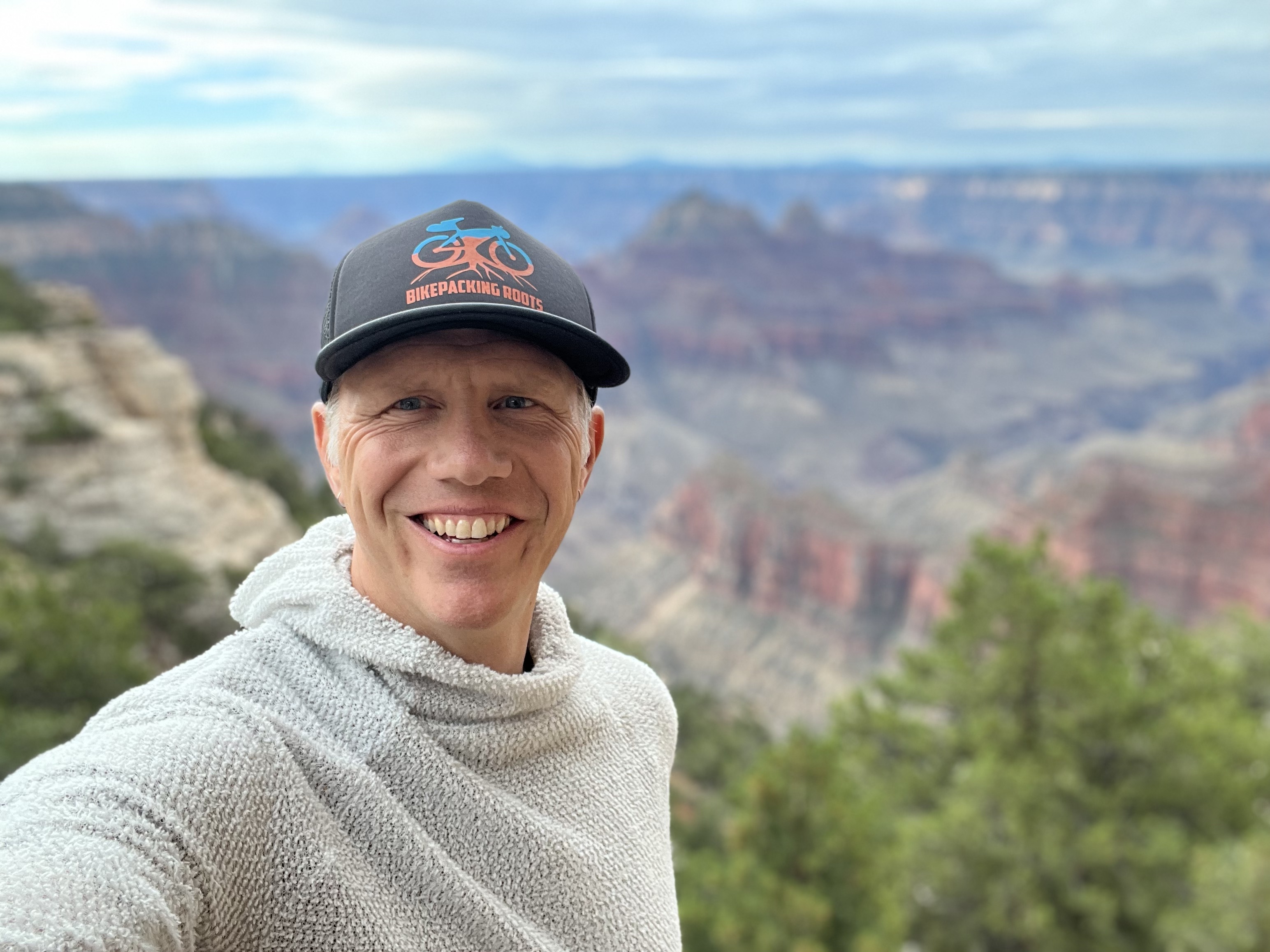Quote by Marcus Aurelius
I recently listened to Episode 64 of The Power Company Podcast. In this episode, the host interviews Trevor Ragan from TrainUgly and the topic of discussion is fixed versus growth mindset. For an introduction to growth mindset, a good place to start is the post I wrote for the Teaching Tidbits Blog called The Role of Failure and Struggle in the Mathematics Classroom. At the end of the podcast, Ragan suggests some further reading. One of those books is The Obstacle is the Way: The Timeless Art of Turning Trials into Triumph by Ryan Holiday, which I recently started reading. The beginning of this book contains the following quote by Roman emperor Marcus Aurelius that embraces obstacles and discourages the fear of failure:
The impediment to action advances action. What stands in the way becomes the way.
Dana C. Ernst
Mathematics & Teaching
Northern Arizona University
Flagstaff, AZ
Website
928.523.6852
Instagram
Strava
GitHub
arXiv
ResearchGate
LinkedIn
Mendeley
Google Scholar
Impact Story
ORCID
About This Site
This website was created using GitHub Pages and Jekyll together with Twitter Bootstrap.
Unless stated otherwise, content on this site is licensed under a Creative Commons Attribution-Share Alike 4.0 International License.
The views expressed on this site are my own and are not necessarily shared by my employer Northern Arizona University.
The source code is on GitHub.
Land Acknowledgement
Flagstaff and NAU sit at the base of the San Francisco Peaks, on homelands sacred to Native Americans throughout the region. The Peaks, which includes Humphreys Peak (12,633 feet), the highest point in Arizona, have religious significance to several Native American tribes. In particular, the Peaks form the Diné (Navajo) sacred mountain of the west, called Dook'o'oosłííd, which means "the summit that never melts". The Hopi name for the Peaks is Nuva'tukya'ovi, which translates to "place-of-snow-on-the-very-top". The land in the area surrounding Flagstaff is the ancestral homeland of the Hopi, Ndee/Nnēē (Western Apache), Yavapai, A:shiwi (Zuni Pueblo), and Diné (Navajo). We honor their past, present, and future generations, who have lived here for millennia and will forever call this place home.
